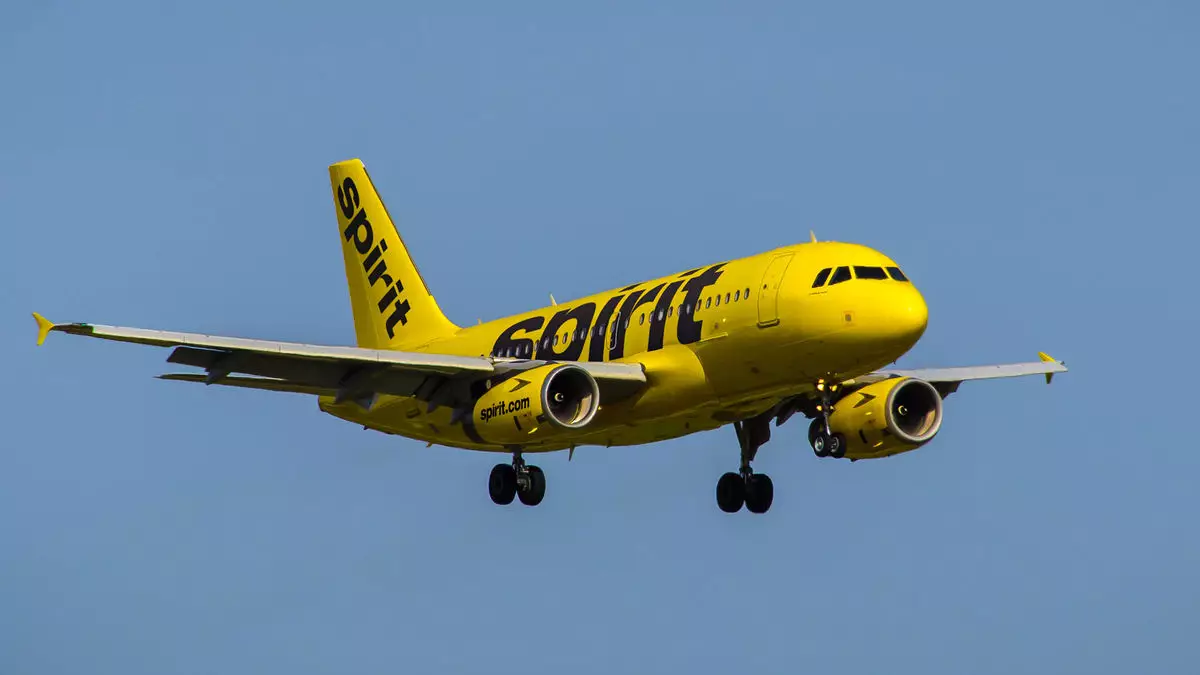Spirit Airlines finds itself at a critical juncture as discussions with its bondholders suggest an impending restructuring. This situation is likely to lead the airline toward a bankruptcy filing. Given the precarious state of financial affairs, there is an air of uncertainty looming over the future of the airline. However, according to insiders, the restructuring is anticipated to have little effect on customers—flights and bookings are expected to continue as usual. At a time when many airlines are struggling, the urgency of Spirit’s situation cannot be overstated.
As per a recent filing with the Securities and Exchange Commission (SEC), Spirit Airlines is engaged in negotiations with a supermajority of its bondholders concerning debts that are due in 2025 and 2026. This includes a significant $1.1 billion in debt backed by the airline’s loyalty program, due next year. The pivotal nature of these negotiations cannot be overlooked; should an agreement materialize, shareholders are likely to find themselves on the losing end, as the proposed restructuring aims to wipe them out.
In stark contrast to the potentially dire consequences for its shareholders, Spirit insists that unsecured creditors, employees, and crucial operations—such as relationships with suppliers and aircraft lessors—will remain unaffected. This focus on non-shareholder stakeholders reflects the airline’s strategy to preserve essential components of its operational framework amid financial turmoil.
The gravity of these developments was mirrored in the stock market, where Spirit’s shares plummeted more than 50% in morning trading following the announcement. Such a drastic decline draws attention to investor sentiment, which is understandably fearful in light of the potential restructuring. The market’s reaction illustrates a broader reality where financial instability directly impacts shareholder value, often leading to increased volatility.
In the midst of these challenges, merger discussions with Frontier Airlines have resurfaced. However, recent reports indicate that Frontier has opted against pursuing an acquisition, intensifying the urgency for Spirit to finalize a deal with its bondholders. Spirit’s previous attempts at consolidation fell through when JetBlue outbid Frontier for a merger—a deal later blocked by antitrust regulators. These events have significantly influenced Spirit’s strategy moving forward.
Despite a rough fiscal landscape, Spirit Airlines has been proactive in its approach to mitigate losses. In the first half of 2023, the airline recorded an operating loss of $360 million, following a staggering $496 million loss the previous year. To counteract these financial setbacks, the airline has expedited plans to sell 23 Airbus planes for $519 million and has reduced its flight schedules by 20% for the fourth quarter.
Additionally, Spirit has taken steps to enhance its value proposition through new fare bundles aimed at higher-paying customers. Although they anticipate a decrease in liquidity, predicting a drop from $1.3 billion at the close of 2023 to $1 billion by the end of 2024, these efforts may help stabilize their financial outlook in the interim.
As Spirit Airlines navigates through these tumultuous waters, it remains pivotal for the airline to finalize negotiations with bondholders quickly. The outcome of these talks will not only shape its financial future but will also define the airline’s operational landscape for the foreseeable future. With an eye on preserving liquidity and restoring investor confidence, Spirit will need to act decisively in the coming weeks.

